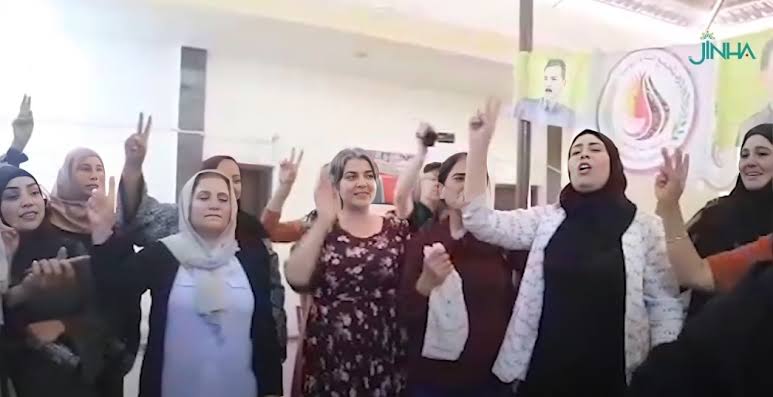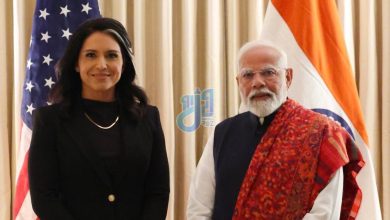The New Damascus Government: Continuation of Discrimination or an Opportunity for Change
The Zenobia Women's Association, in an official statement, accused the newly formed government of Damascus of continuing discriminatory policies against women and neglecting their role in political and social processes. This civil organization emphasized that the current structure of the government is devoid of popular legitimacy, being the result of a forced and incomplete process influenced by foreign forces.

WeezhaRoz-Kabul–The government has replaced genuine female participation in government bodies with symbolic representation.
It fails to reflect the demands of the Syrian community, especially in the areas of gender equality and social justice.
The Zenobia Association views the new government as a continuation of the historical trend of excluding women from decision-making positions and believes the role of women in the current structure is symbolic and ineffective.
The statement considers the Damascus government not to be a true representative of the free will of the Syrian people and describes it as a product of agreements made outside the democratic framework.
Ignoring the rights of women and minorities stands in stark contradiction to the egalitarian and justice-driven slogans of the Syrian revolution.
This civil organization, with three main requests, has proposed the following solutions for overcoming the crisis:
1.Review of Government Structure: Implement fundamental changes to ensure real female participation at all levels of decision-making.
2.Inclusive National Dialogue: Organize consultative meetings with the participation of all Syrian groups, including civil society representatives, minorities, and democratic forces.
3.International Pressure: Urge the international community to force Damascus to adopt a political process based on human rights and transitional justice.
Possible Outcomes:Optimistic Scenario:If Damascus accepts these demands, it may lead to the rebuilding of public trust and progress toward a decentralized democracy with women’s participation.
Continuation of the Status Quo: Government resistance to change could lead to increased dissatisfaction and the expansion of civil protests.
Role of the International Community: The stance of organizations like the European Union or human rights entities could either increase pressure on Damascus or push it towards dialogue.
Through this statement, the Zenobia Women’s Association has not only protested the violation of women’s rights but has also highlighted the structural weaknesses of the Damascus government in responding to the demands of the people.
The success or failure of these demands depends on factors such as:
The level of solidarity among internal democratic forces.
The international community’s response, particularly the financial supporters of Damascus.
The ability of Syrian women to organize collective pressure campaigns.
The future of Syria hinges on moving beyond centralized military rule and establishing a system where equality and justice are not mere slogans but undeniable principles.
The experience of decades of war and crisis in Syria has shown that without the genuine participation of women and respect for the rights of minorities, no sustainable political solution will be possible.
With this statement, the Zenobia Women’s Association represents a part of society calling for a role beyond “symbolic marginalization” in shaping their country’s destiny.
Weezha Roz




